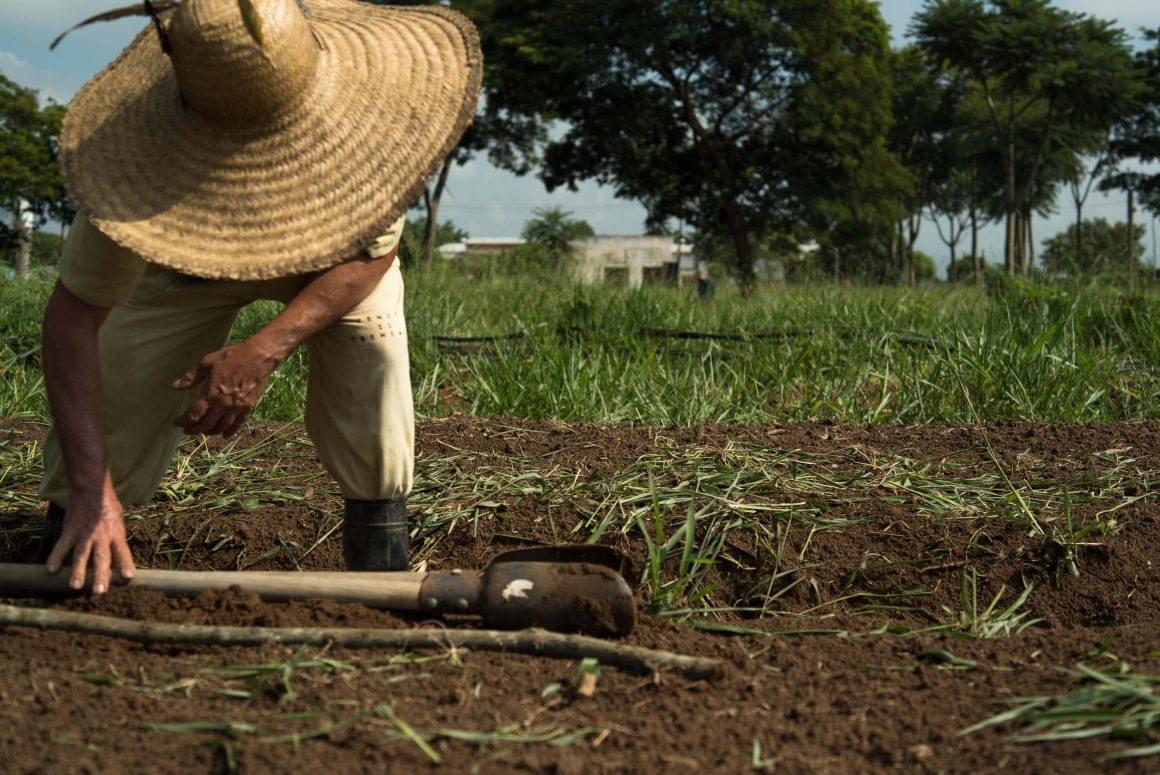The cooperative of inmates in the Men’s Penitentiary 2 in Tremembé receives an irrigation system to grow organic produce
The cooperative of inmates developed by the Humanitas360 Institute in the Men’s Penitentiary 2 in Tremembé, São Paulo, has received a mechanized irrigation system. The installation of the equipment finalizes the first phase of implementation of the enterprise that aims at producing certified organic produce, as well as promoting environmental education and food security.
The 1,200 square meter vegetable garden, which already existed in the prison grounds in order to provide food for inmates, grew in productivity and quality. The result is already being seen in the increased variety of produce being offered to the prison kitchen. The new menu pleases the inmates, who make a point to share about the improvement in food quality.
Other news in the men’s cooperative include the implementation of a new 7,500 square meter area for cultivation. In the newly added land, plants such as Physalis, vinegar tree, ginger, peppers, blackberry, basil and lemon balm will be cultivated. The goal is to create a line of certified organic products as well as dehydrated and preserved products, so that the cooperative reaches other markets, maximizes the co-op members’ income, and becomes a sustainable business.
After conducting analyses of the soil and of the drinking water sources, the consultants hired by H360, Mauro Spalding and João Padula, guided the inmates that are part of the cooperative to install more than 600 meters of micro sprinkling pipes and 8,000 meters of dripping pipes. The entire irrigation system will be automated, controlled by only one program, which will allow for the rational use of drinking water, thus avoiding waste and ecological imbalance.
Following the principles of sustainable agriculture, the planting will be done with a technique that mixes edible plants that mutually benefit from each other, allowing for plants to grow strongly while promoting a natural pest control mechanism and preventing diseases. The cooperative members will also learn to use straw, which is a coverage made of dried organic material (in this case, grass clippings from around the prison that would be trashed otherwise) that helps to protect the soil, conserving moisture and temperature. After a while, the straw also gets decomposed into the soil, enriching it with its nutrients.

